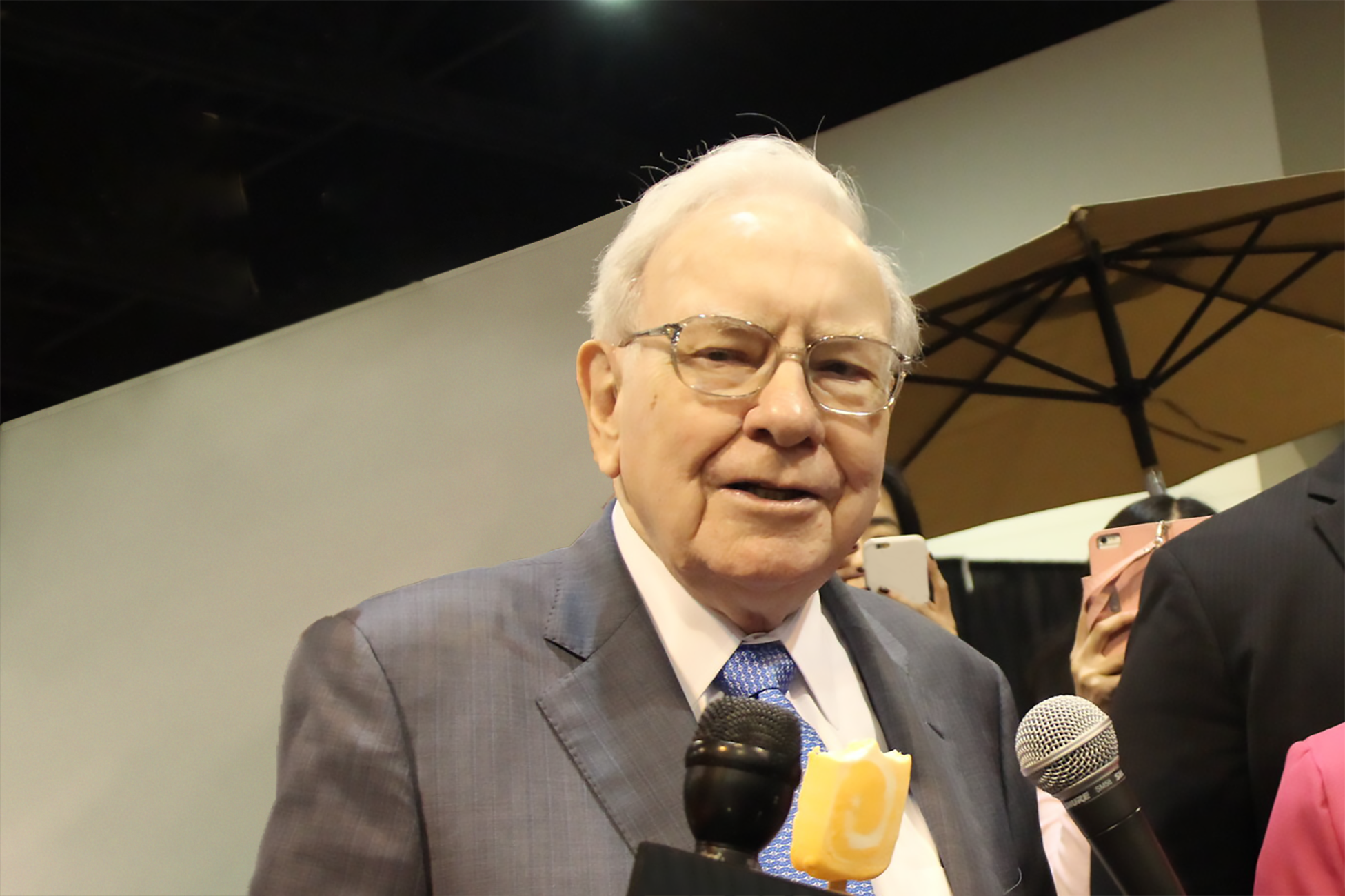On Friday, April 10, the public will finally be able to get their hands on the Apple Watch for the first time in Apple (AAPL +0.72%) Stores and Apple pop-up shops in select department stores,. Two weeks later, deliveries will begin and customers will be able to own one for themselves. As the launch weekend for Apple Watch approaches, analysts are updating their estimates for Apple Watch sales. Here's what analysts are guessing, and why their guesses are little help.

Apple Watch. Image source: Apple.
Calendar 2015 estimates
Fortune asked Apple analysts earlier this year how many Apple Watch units they expected the company to sell in calendar 2015. The consensus estimate was 22.5 million units. Notably, however, the range of guesses was so big that it nearly renders the entire survey useless. The highest estimate was from Global Securities Research analyst Trip Chowdhry with an estimate for 41 million watches. At the low end, was Piper Jaffray's Gene Munster at 8 million.
For what it's worth, the methodology Morgan Stanley analyst Katy Huberty used to arrive at her estimate seems to be based on sensible rationale. Huberty simply assumes that approximately 10% of Apple customers with iPhones compatible with Apple Watch (iPhone 5 or later) will purchase the Apple Watch during the first 12 months of availability. This level of penetration of Apple's core customer base would be similar to both the iPhone's and iPad's first-year sales penetration.
"We believe looking at penetration into the Apple installed base yields the most realistic assessment of demand potential of the Watch." Huberty explained in a note to investors last year. "Our 30M unit estimate implies 10% penetration into Apple's 315M iPhone 5 or newer installed base exiting 2014, which is lower than iPad penetration of 14% in its first year but higher than iPhone at 7%."
Of course, if Apple Watch turns out to be a popular product, sales could be limited by production -- and predicting just how well Apple will be able to ramp up production for an entirely new product is downright impossible.

Apple Watch. Image source: Apple.
Launch weekend sales
Some analysts are trying to pin the tail on the launch-weekend donkey. Though these sales will take place over a three-day period (April 24, 25, and 26), playing this game will likely prove to be difficult as well.
Piper Jaffray analyst Gene Muster said last week that he estimates Apple will sell 1 million units over the launch weekend. For comparison, Apple's iPhone 6 and 6 Plus first-weekend sales last year came in at a record 10 million.
Apple investors will likely get their first number to chew on April 27. Not only is this the Monday after the company's launch weekend, the time frame Apple typically provides an update on first-weekend sales for its iPhone, but it's also the date of Apple's second-quarter earnings release. While Apple Watch is shipping after the close of the fiscal second quarter and the related results won't officially be included in the earnings release, it's entirely possible that CEO Tim Cook will take the opportunity to tout some launch figures.
For a bit of perspective, consider what the outcome could look like if Apple sold around 22 million Apple Watch units in calendar 2015: At an average selling price of $600, the new product could boost Apple's 2015 sales by about $13.2 billion, or a 7% increase over Apple's 2014 revenue of about $200 billion. Of course, this is just one of many different potential outcomes.
And while we could say that Apple has historically surprised on the upside with new product launches, it's important to remember that Apple's annual revenue today is four times what it was when it launched the iPad in 2010 and eight times what it was when it launched the iPhone in 2007. It's going to be more difficult to move the needle this time around.








